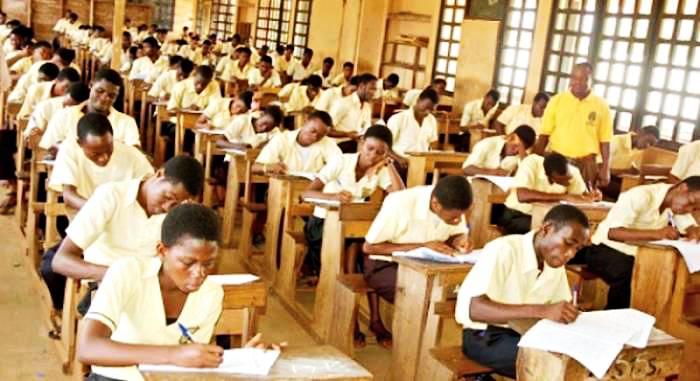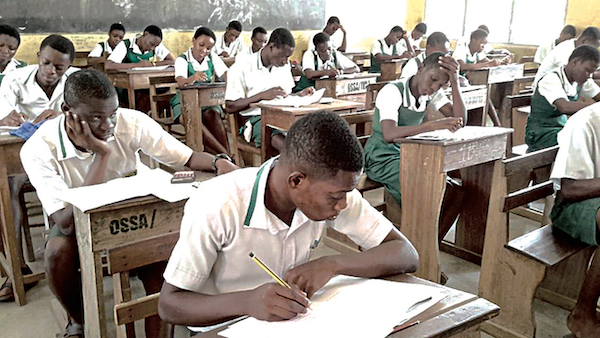Dr. Yusuf Sununu, the Minister of State for Education, has stated the urgent need for the review and modernisation of Nigeria’s examination legislative framework, particularly concerning the National Examinations Council (NECO).
This call was made during a one-day retreat organised by NECO in Abuja, Nigeria, themed “Legislative Functions: The Imperatives of Achieving NECO’s Mandate and the Challenges of Examination Legislation in Nigeria.”
Dr. Sununu emphasised the vital role played by NECO in managing the nation’s educational landscape but expressed concerns regarding outdated examination laws. He stressed the necessity for new legislation that addresses contemporary trends, including the integration of modern technology into examination processes.

Representing the Minister at the event, Permanent Secretary Mrs. Esther Didi Walton-Jack echoed the urgent need to update the legislative framework to tackle emerging challenges such as examination malpractice and the digital transformation of examinations.
“Despite the significance of the examination legislation, we cannot ignore the challenges we face, from outdated laws and validation to emerging issues like examination malpractice and digital transformation.
“There’s an urgent need to review and modernise the legislative framework to effectively address these challenges,” he said.
Governor Mohammed Bago of Niger State reiterated the importance of reviewing existing laws governing NECO to accommodate advancements in artificial intelligence. He emphasised the need for broader stakeholder engagement to develop comprehensive policies and laws aligned with technological advancements.
Prof. Ibrahim Wushishi, the Registrar of NECO, highlighted the significant hurdles faced by the examination body, including infrastructural constraints, increasing candidate enrollment, inadequate funding, and examination malpractice. He emphasised the necessity of a robust legislative framework to address these challenges effectively.
Stakeholders emphasised that a review of the education sector’s laws would stimulate reforms that cater to technological advancements and evolving educational needs, ensuring the effectiveness and integrity of examination processes in Nigeria.


